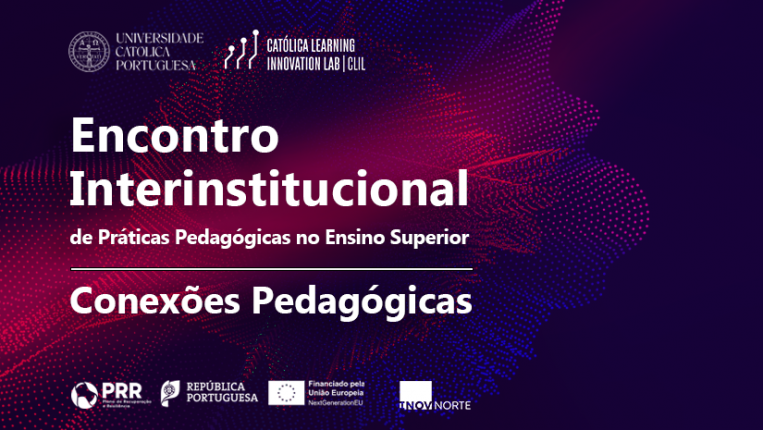Learning Outcomes
The main goal of the course is to enable students to acquire basic knowledge of public international law. Because international law is an autonomous legal order, its study involves the acquisition of fundamental concepts necessary for further depth study in this area. Furthermore, the study of this curricular unit enables the amplification of interests and challenges, some taken by more traditional paradigms. First the notion of state, then the law itself. This means, first of all, to understand the historical context of the emergence and development of international law, and their specific conceptual frameworks.
Syllabus
Part I – Fundamental Concepts
- The Notion of International Law;
- International society and international community;
- Evolution of international society and international law.
Part II – International Law Subjects
- Legal personality and international law;
- States as primary subjects of international law;
- Recognition of States;
- Recognition of Governments;
- Insurgency and belligerency;
- International Organizations as subjects of international law, the United Nations in special;
- Individuals, subjects of international law?
Part III – Formal sources of international law
- Introduction;
- International Treaties;
- Costumary international law;
- Other sources of international law.






